![]()
![]()
![]()
Use LEFT and RIGHT arrow keys to navigate between flashcards;
Use UP and DOWN arrow keys to flip the card;
H to show hint;
A reads text to speech;
50 Cards in this Set
- Front
- Back
- 3rd side (hint)
|
What happened between 1378-1417? |
The great schism. Rival of popes. |
|
|
|
What happened in 1453 |
Fall of constantinople to the Turks. End of hundred years war between England and France |
|
|
|
1497 |
Columbus discovers america Moors and Jews expelled from Spain Vasco da gama reaches India by sea. |
|
|
|
1517 |
Martin Luther circulated 95 theses: beginning of protestant reformation. |
|
|
|
1588 |
Spanish armada sails against England and us defeated. |
|
|
|
Kinds of explanation |
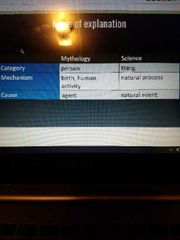
|
|
|
|
Philosophers of militus |
Thales. anaximander. anaximines. |
|
|
|
Thales |
All is water |
|
|
|
Anaximander |
Everything comes from the boundless |
|
|
|
Anaximines |
Everything comes from air, by rarefication and condensation. |
|
|
|
Heraclitus |
-world does not come to be but is ongoing - fire-> water->earth & vice versa -rivers stay the same but their waters change -ultimate reality is logos, or law of change-radical change is basic in the world; constancy supervenes on change |
|
|
|
Parmenides |
-notion of radical change -what is and what is not -plausible cosmology can be constructed. |
|
|
|
What-is is (parminedes) |
-Without beginning or end -all alike -unmoved -complete |
|
|
|
A plausible cosmology can be constructed by |
-based on 2 changless elements light and night -elements mix togethor to form all things. |
|
|
|
Pluralists |
Anaxagoras, empedocles, democritus |
|
|
|
Anaxagoras |
-World consists of a mixture of countless elements. - mind starts a vortex motion in matter |
|
|
|
Empedocles |
-The world is composed of 4 elements: earth water fire air -2 fundamental forces: love (atraction) and strife (repulsion) |
|
|
|
Democritus |
- the world is composed of atoms and the void. - chance encounters of atoms can lead to a cosmic vortex motion which produces a world. |
|
|
|
Who we're Sophists |
Itinerant teachers, 450-400 BC - first professor's of adult education - success seminars |
|
|
|
What did sophists teach? |
Practical subjects - public speaking - politics - social science - prepared leaders for democracy |
|
|
|
Who are some examples of sophists? |
Protagoras: man is the measure of all things Gorgias: defense of Helen of troy. |
|
|
|
What are problems seen with sophists? |
- Did they teach truth or just how to get ahead - sometimes promoted moral relativism |
|
|
|
Socrates |
Street philosopher - interested in virtue(definition, it's a craft, not teachable) - question and answer method - disavowal to knowledge - no works or formal teachings - turned philosophy to ethics or moral theory. |
|
|
|
The paradox of Socrates |
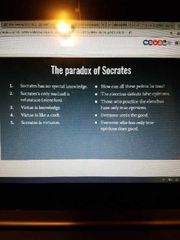
|
|
|
|
Plato |
- follower of Socrates - author of dialogues with Socrates as protagonist - founder of school: the academy 386bc -3 voyager's to Syracuse in Sicily |
|
|
|
Platos theories |
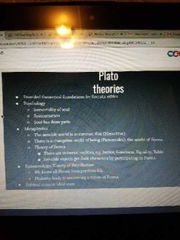
|
|
|
|
Aristotle |
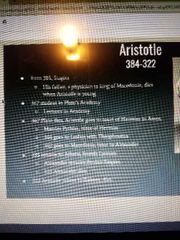
|
|
|
|
Aristotle categories |
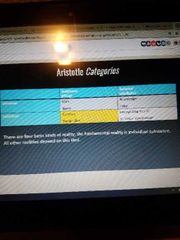
|
|
|
|
The 4 causes (Aristotle) |
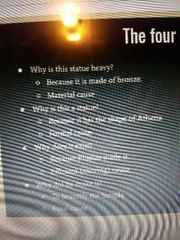
|
|
|
|
Aristotle 2 |
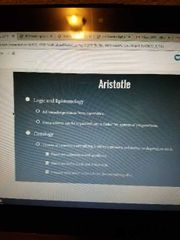
|
|
|
|
Aristotle physics |
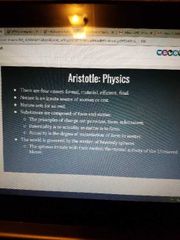
|
|
|
|
Aristotle psychology |
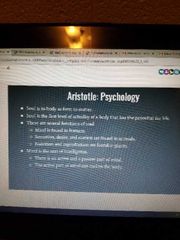
|
|
|
|
Aristotle ethics |
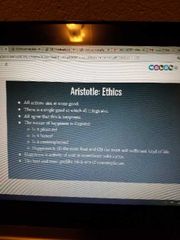
|
|
|
|
Aristotle ethics 2 |
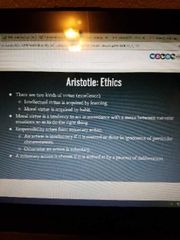
|
|
|
|
Epicurus |
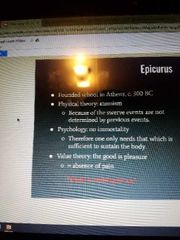
|
|
|
|
Epictetus |
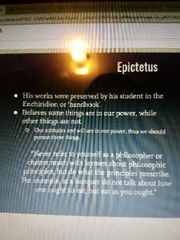
|
Stoic |
|
|
Neoplatonism |
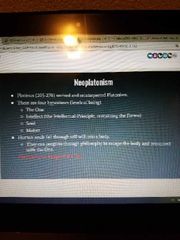
|
|
|
|
Christian philosophies 2nd 3rd cent |
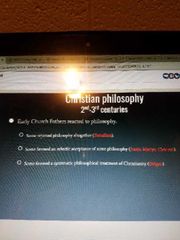
|
|
|
|
Augustine |
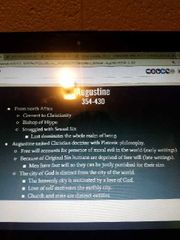
|
|
|
|
Aquinas |
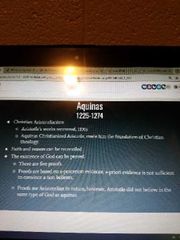
|
|
|
|
Aquinas on law |
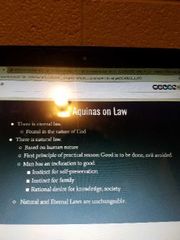
|
|
|
|
Aquinas on ethics |
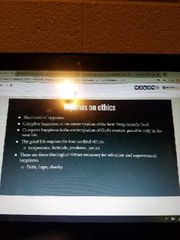
|
|
|
|
Renaissance 1400-1600 |
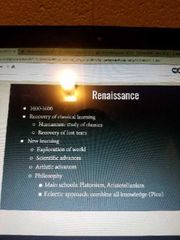
|
|
|
|
Niccolo machiavelli |
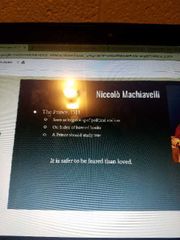
|
|
|
|
Pico |
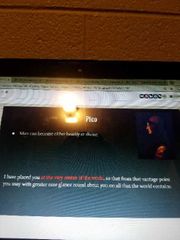
|
|
|
|
Shakespeare |
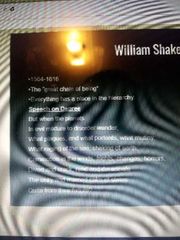
|
|
|
|
Protestant reformation |
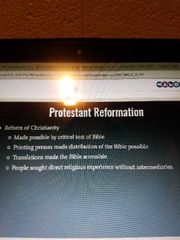
|
|
|
|
Martin luther |
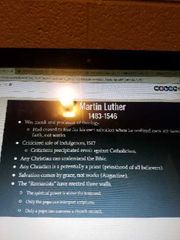
|
|
|
|
John Calvin |
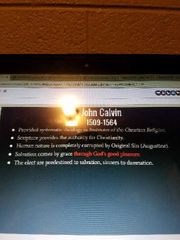
|
|
|
|
Influence of philosophy |
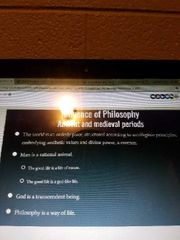
|
|

